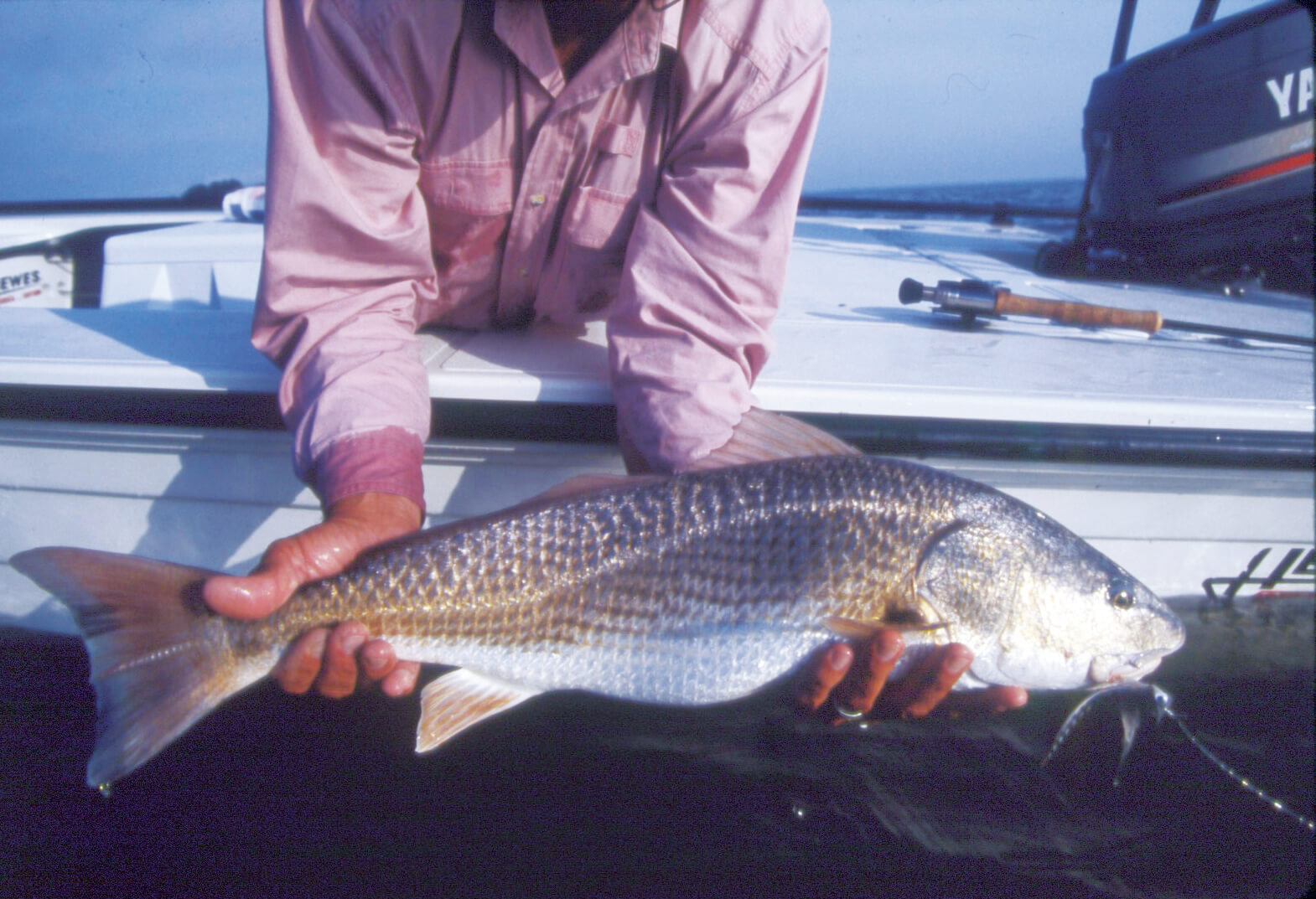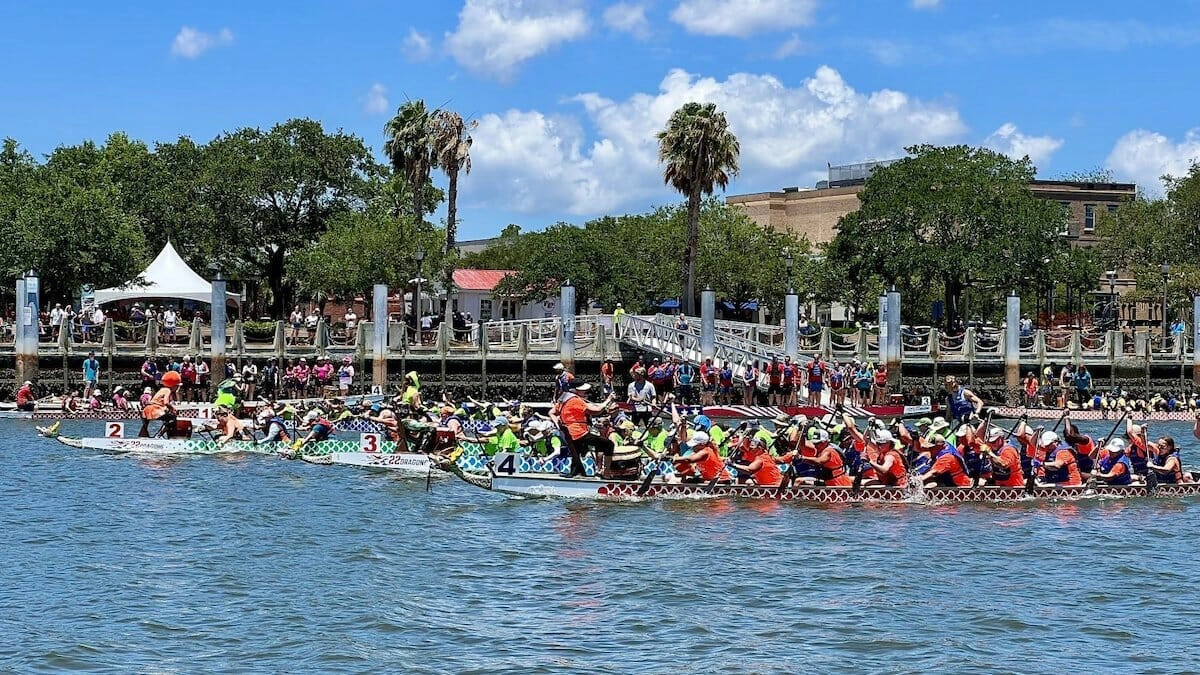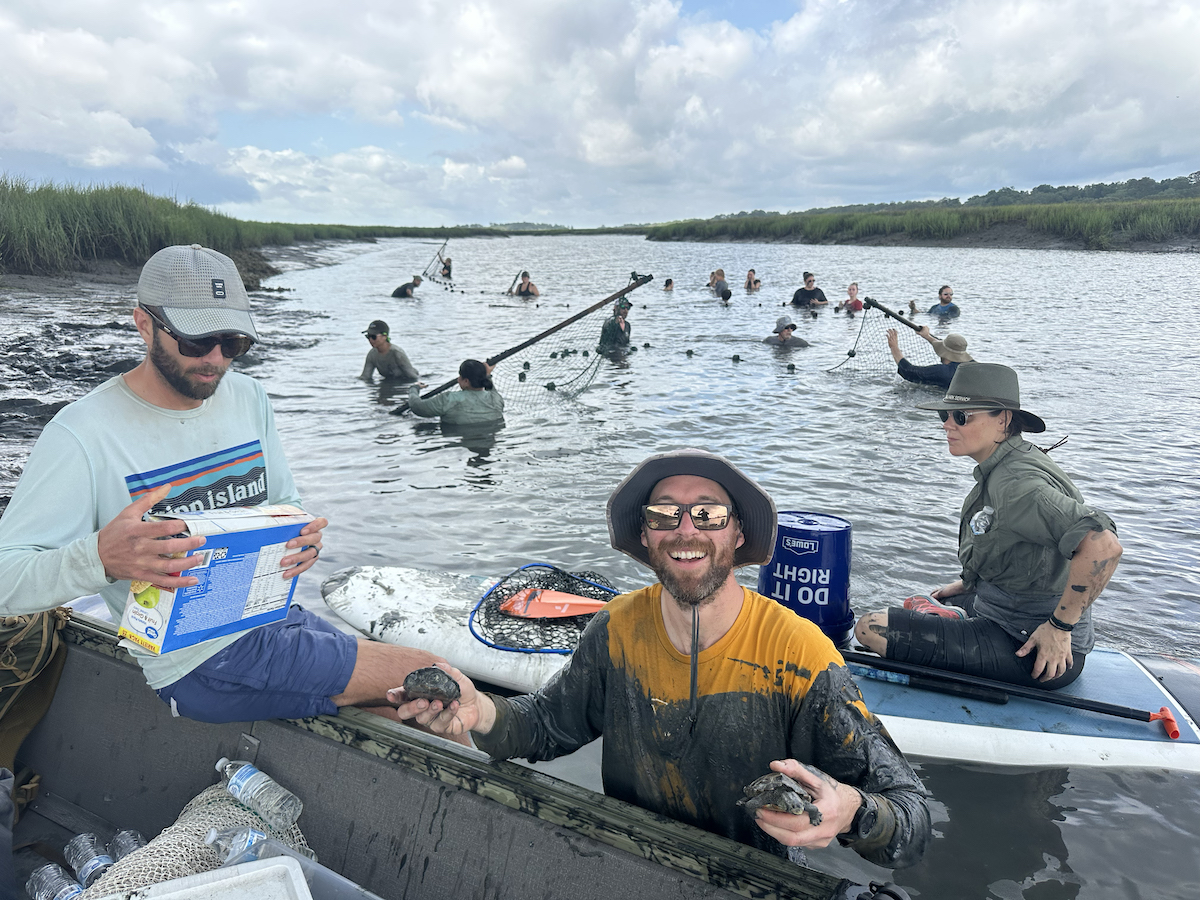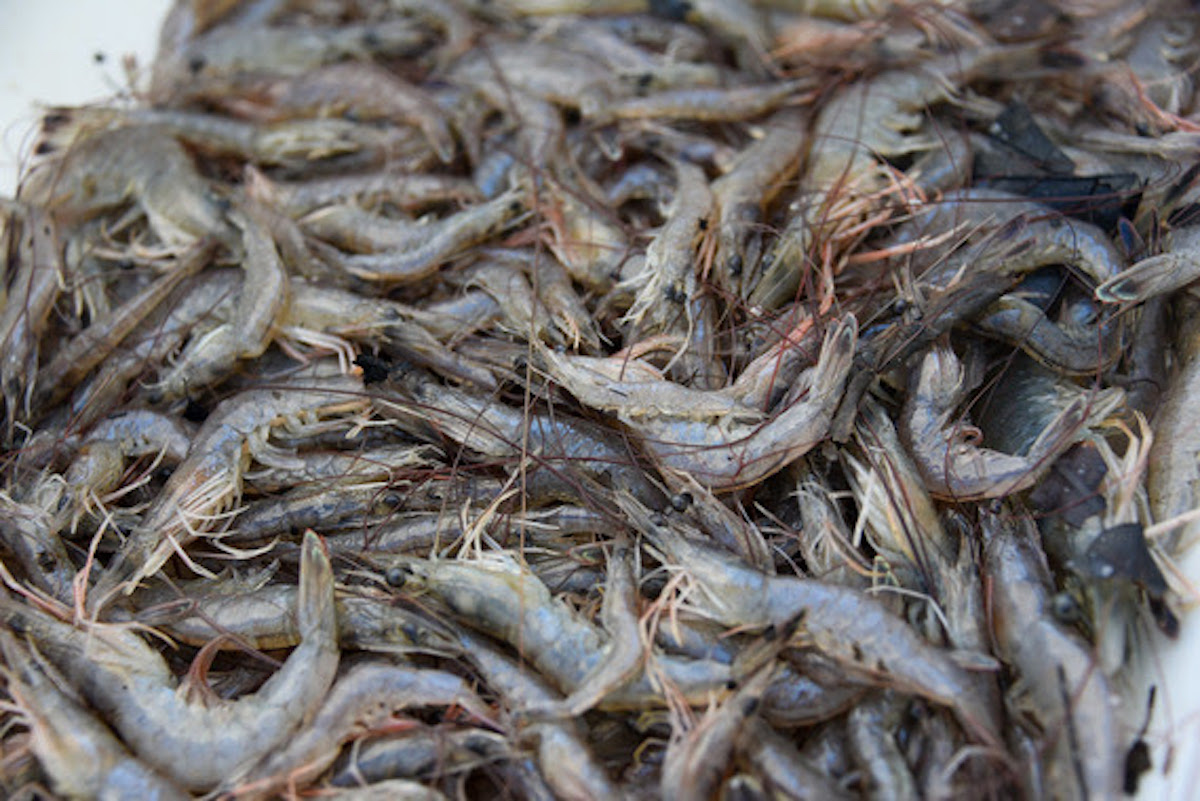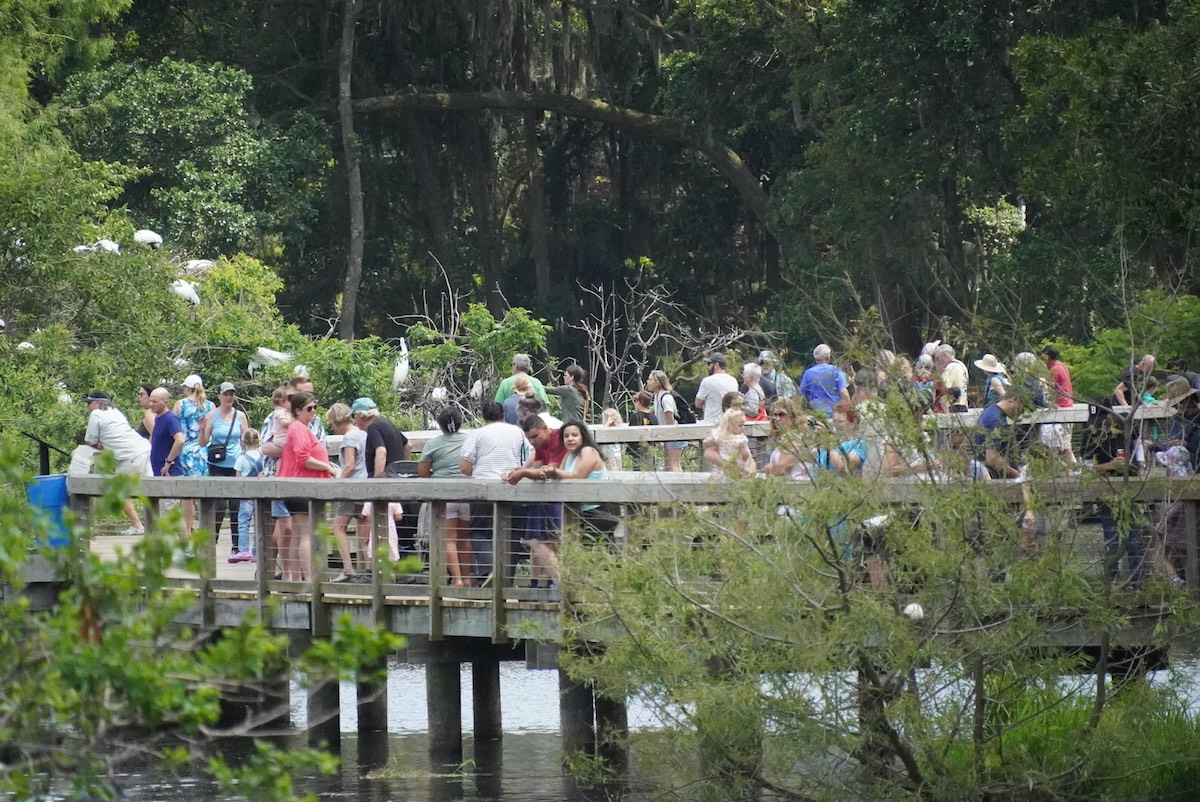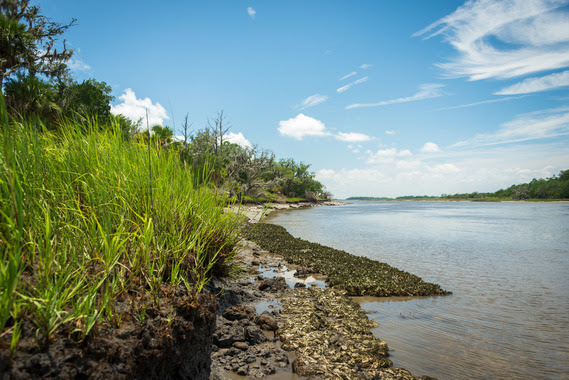From staff reports
Officials with the S.C. Department of Natural Resources (SCDNR) have confirmed that invasive zebra mussels have been found in containers of “moss balls,” a species of filamentous algae used in home aquariums. The zebra mussel-infested product has been found in stores of two different pet supply chains in South Carolina.
Fish and Wildlife officials in Oregon were alerted about this situation after a Seattle PetCo store employee found zebra mussels attached and inside “Betta Buddy Marimo Ball” brand moss plants. The mussel-infested balls have since been found for sale in other states, including South Carolina. A nationwide effort to halt the sale of these products and remove them from stores nationwide is now under way.
South Carolina consumers who may have already purchased one of these products should be aware that the moss balls themselves, or water from aquarium tanks that they have been in, SHOULD NOT be disposed of down sink drains, flushed in toilets or dumped in any river or stream, according to Ross Self, Chief of Freshwater Fisheries for the SCDNR.
“These mussels are highly invasive, reproduce quickly and can cause huge problems if they are introduced into our waterways or lakes,” Self said.
If you have recently purchased a moss ball aquatic plant product, it is recommended that you take the following steps:
1) Decontaminate the moss ball using ONE of the following methods, ensuring that the disposal method you choose is in compliance with state laws and animal welfare regulations:
– Place the moss ball into a sealable plastic bag and freeze for at least 48 hours, OR
– Place the moss ball in boiling water for at least a full minute, OR
– Submerge the moss ball in chlorine bleach, diluted to one cup of bleach per gallon of water, for 20 minutes, OR
– Submerge the moss ball in undiluted white vinegar for 20 minutes.
2) Once Step 1 is complete, place the moss ball and any of its packaging in a sealed plastic bag and dispose in the trash.
3) If vinegar, boiling water, or bleach was used, the liquid can be disposed down a household drain —never down a storm drain where it could enter and damage local waterways.
4) Water that contained the moss ball should be diluted with bleach at 1/4 cup per gallon or boiled for 1 minute.
If the moss ball was placed in an aquarium, please take these additional steps:
1) Collect any fish or other living organisms and place them in another container, with water from a separate, uncontaminated water source.
2) Sterilize the contaminated aquarium water by adding ¼ teaspoon bleach for each gallon of water. Let the water site for 15 minutes and then dispose the sterilized water down a household drain.
3) Clean the aquarium and accessories using one of the following methods, ensuring that the disposal method you choose is in accordance with manufacturers’ recommendations.
Disinfection Method:
– Make a disinfection solution using 1/3 cup of bleach per gallon of water.
– Soak the aquarium, substrate, rocks, décor, and filter media in the bleach water solution for 15 minutes.
– Rinse off all items prior to setting up the aquarium.
– Dispose of the previously used filter media and replace with new media.
– Use a dechlorinating product to neutralize any residual chlorine prior to reintroducing aquatic life.
– It is recommended that you do another water change within a week and continue to monitor the tank for any unusual or unexpected aquatic life.
The concern is that live mussels released into storm drains or sewer systems could be introduced into a waterway. This could have disastrous consequences for both native fish habitats and critical power generating or water-supply infrastructure in the Palmetto State.
While zebra mussels have not yet been found in South Carolina, they have invaded waterways in nearby states. For more information about zebra mussels, visit the SCDNR website at https://www.dnr.sc.gov/invasiveweeds/zebra.html.



